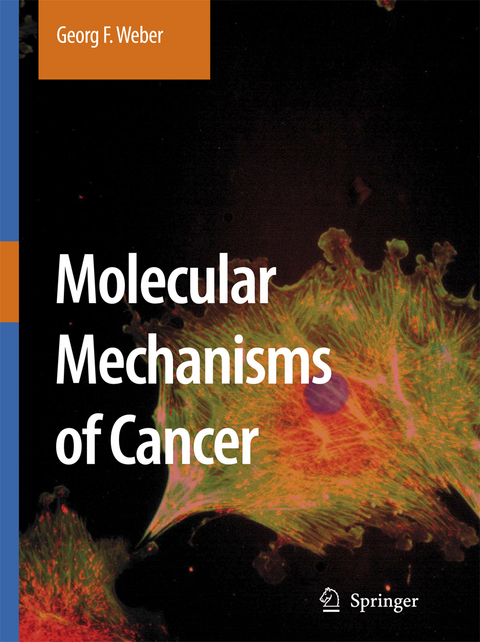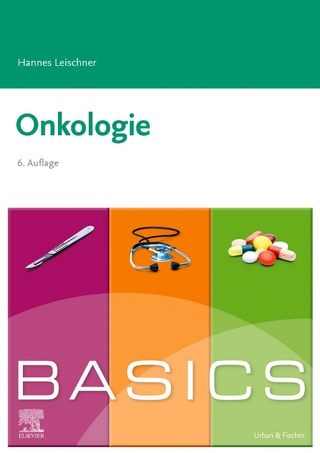
Molecular Mechanisms of Cancer
Springer-Verlag New York Inc.
978-1-4020-6015-1 (ISBN)
General Mechanisms of Transformation.- Theories of Carcinogenesis.- Physiologic Correlates of Malignancy.- Alterations Intrinsic to the Tumor Cells.- Cell Division and Survival.- Cellular Senescence.- Invasiveness.- Mechanisms of Regulation of Cancer-related Genes.- DNA Repair.- Epigenetic Regulation of Cancer-Associated Gene Products.- Interaction of the Groups of Cancer-Related Gene Products.- Interactions Between Host and Tumor.- Structural Growth Control.- The Organ Preference of Metastasis Formation.- Angiogenesis.- Interactions with the Immune System.- Endocrine Dysregulation.- Dormancy and Minimal Residual Disease.- Molecular Mechanisms of Individual Malignancies.- Epithelial Tumors.- Hematologic Malignancies.- Mesenchymal Tumors.- Neurologic Tumors.- Tumors of Serous Cavities.- Embryonic Tumors.
| Erscheint lt. Verlag | 25.9.2007 |
|---|---|
| Zusatzinfo | XIV, 645 p. |
| Verlagsort | New York, NY |
| Sprache | englisch |
| Maße | 210 x 279 mm |
| Themenwelt | Medizin / Pharmazie ► Medizinische Fachgebiete ► Onkologie |
| Medizin / Pharmazie ► Studium | |
| Naturwissenschaften ► Biologie ► Genetik / Molekularbiologie | |
| Naturwissenschaften ► Biologie ► Zellbiologie | |
| ISBN-10 | 1-4020-6015-7 / 1402060157 |
| ISBN-13 | 978-1-4020-6015-1 / 9781402060151 |
| Zustand | Neuware |
| Haben Sie eine Frage zum Produkt? |
aus dem Bereich


